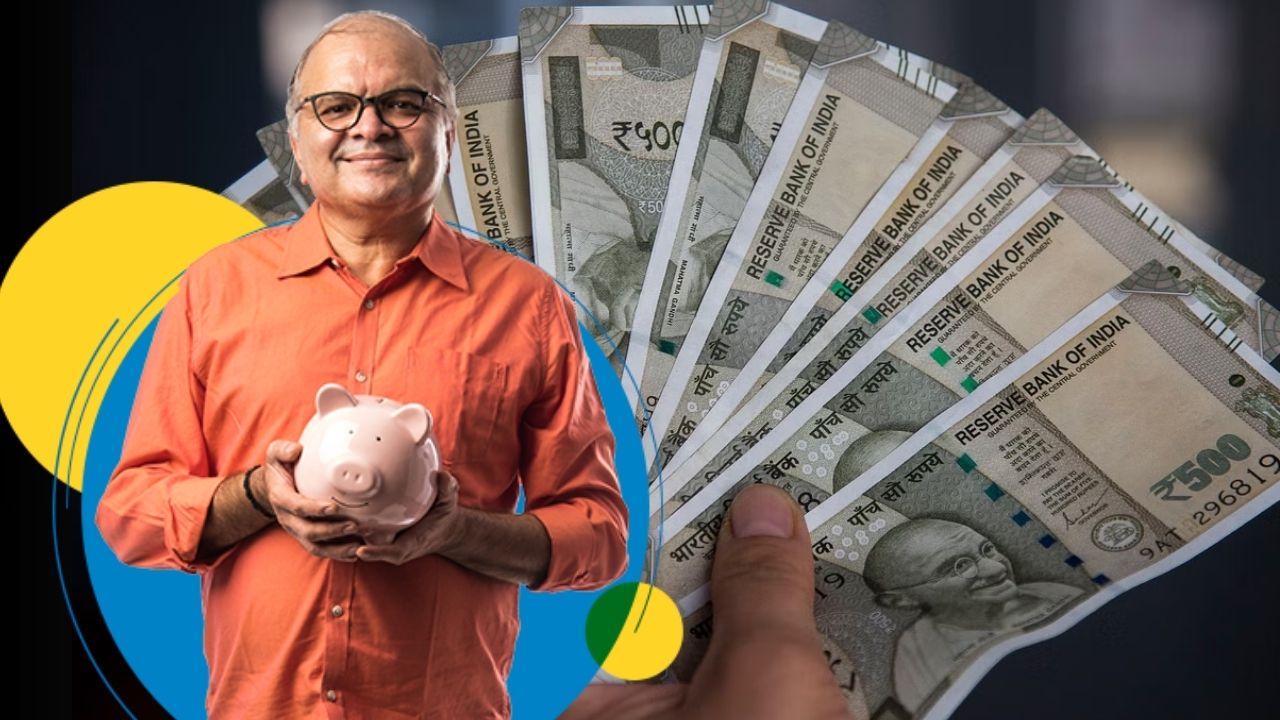
As a senior citizen, you are at a juncture in life where savings play a crucial role. If you get it right, a stress-free, financially secure future awaits, and if not, you might have to face financial impediments. Fortuitously, the financial markets offer numerous investment options uniquely tailored to senior citizens’ needs. Among these, the senior citizen fixed deposit rates are perhaps the most secure and rewarding.
Understanding Senior Citizen Fixed Deposit Rates
A fixed deposit (FD) is an investment tool provided by banks and non-banking financial companies (NBFCs) that offers higher interest rates compared to regular saving accounts. Senior citizen fixed deposit rates are typically higher than regular FD rates, making it a profitable option for those in the sunset years of life.
Fixed deposits are not influenced by market volatilities. Thus, even during financial market turbulence, your investment remains safe and continues to grow at the predetermined interest rate. Senior citizen FD rates in India can range from 5.5% to 7.75%, thus providing a higher return than regular deposits.
Factors Affecting Senior Citizen Fixed Deposit Rates
Several factors can affect the interest rates of FDs, such as the Reserve Bank of India’s (RBI) policies, inflation rate, market demand and supply, global economic conditions, etc. Furthermore, FD rates vary from one financial institution to another.
The Senior Citizen Savings Scheme (SCSS)
Alongside FD, the Senior Citizen Savings Scheme (SCSS), another Indian government initiative, is also a compelling investment option. The interest rates here typically range from 7.4% to 8.6%. SCSS offers quarterly interest payouts, which can serve as a steady income source for senior citizens.
Comparing Senior Citizen FD Rates and SCSS
Investing in either senior citizen FD or SCSS can be beneficial. However, there are essential factors one should consider. For instance, FDs come with a higher flexibility in terms of tenure ranging from seven days to ten years. Conversely, SCSS has a fixed tenure of five years, extendable by three more years.
In terms of interest, let’s assume you invest ₹1,00,000 at an interest rate of 6.5% for FD and 7.4% for SCSS. Post one year, your FD will yield ₹6,500 and your SCSS would yield ₹7,400. This shows that while SCSS offers a higher interest rate, the flexibility and security of the senior citizen fixed deposit make it a worthy contender.
Conclusion
Planning your investments through senior citizen fixed deposit rates is a smart move towards financial stability. Keep a clear vision of your future, consider all your financial options, and make an informed decision.
Disclaimer:
The above article is for educational purposes only. It is not a recommendation to invest in any specific financial product. As an investor, you are advised to conduct your own research or consult a financial advisor to make decisions that fit your individual financial goals and risk appetite.
Summary:
Planning your investments as a senior citizen is critical for a financially secure future, and senior citizen fixed deposit rates can significantly aid in this endeavour. These are investment tools offering higher returns than regular savings accounts. Factors such as RBI policies, inflation rate, market demand and supply etc., play a key role in determining FD rates. The government-backed Senior Citizen Savings Scheme (SCSS) also offers lucrative returns. A comparison reveals that while SCSS may offer higher returns, the flexibility and security that come with senior citizen FDs make them a worthy investment option. However, careful consideration of personal financial goals and risk appetite, coupled with expert advice, is vital before deciding on any investment. The investor must gauge all the pros and cons of trading in the Indian financial market.



